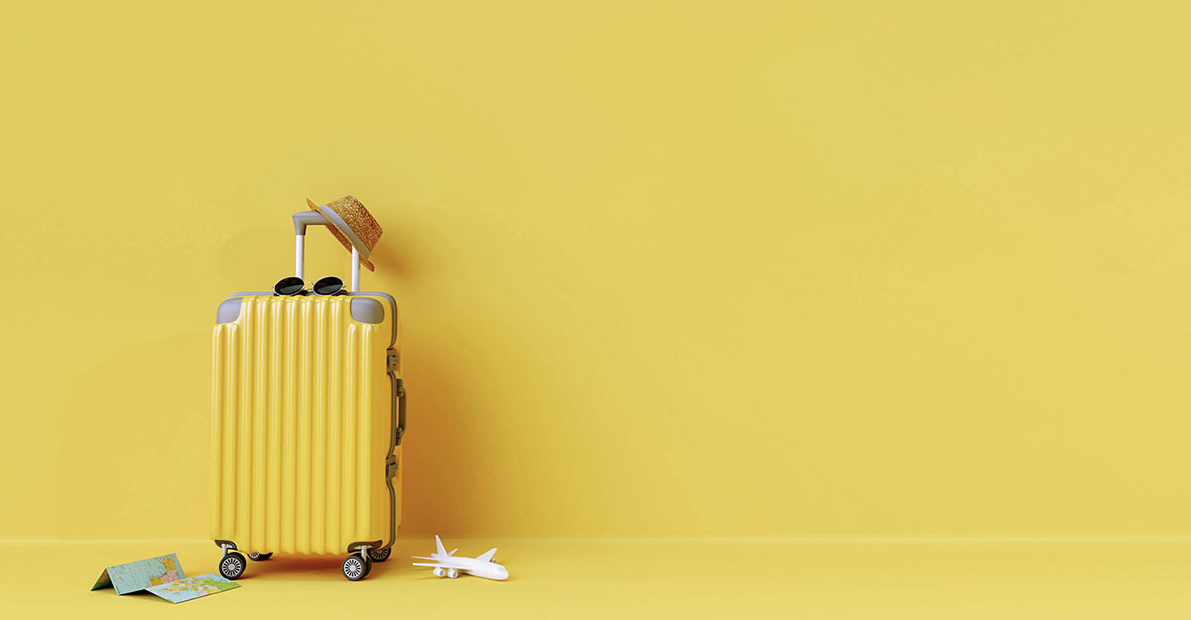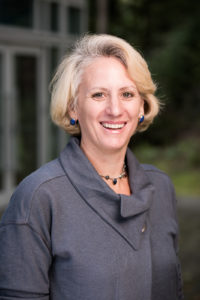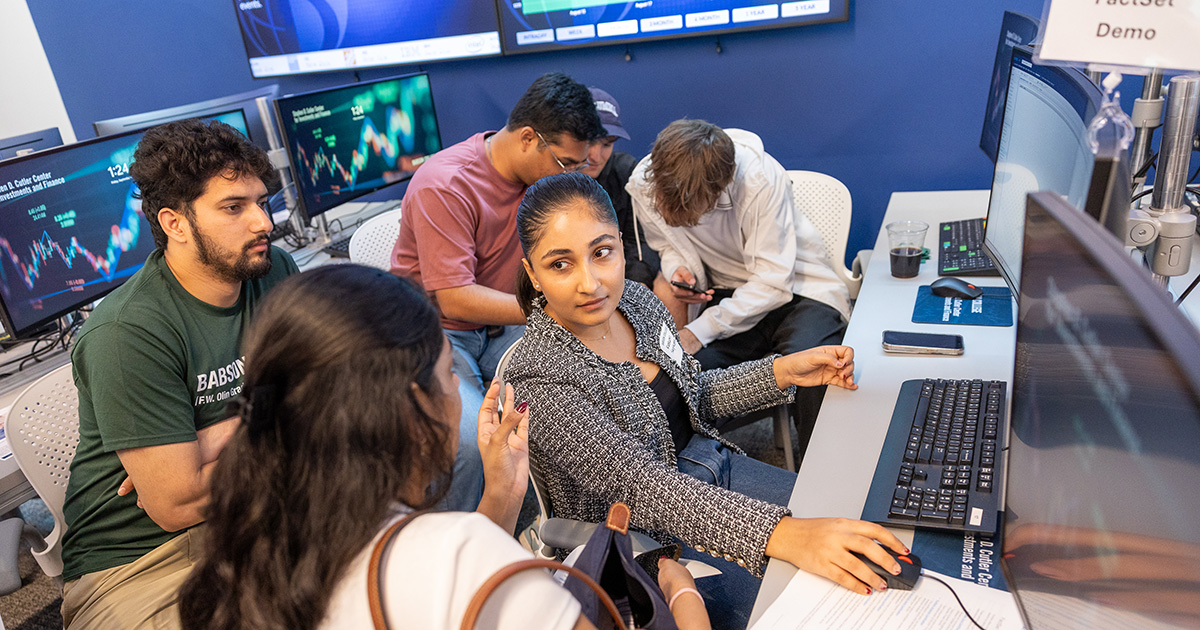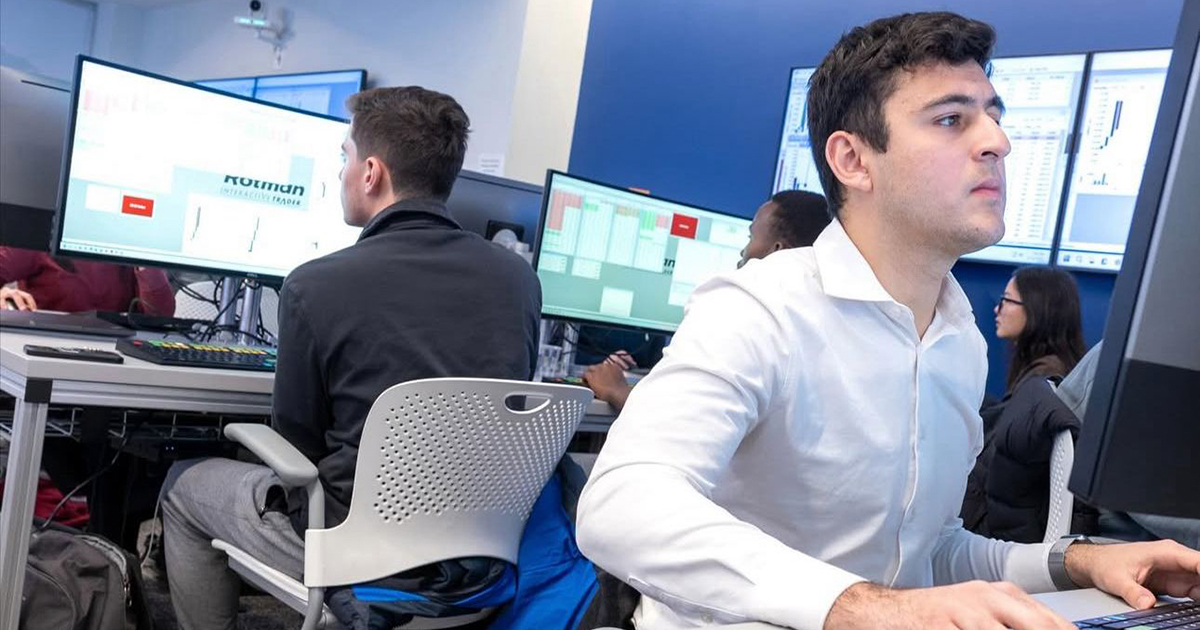Dining, Housing, Travel: The Trends We’ve Seen (And Could See in the Future)

Lockdowns, virus variants, and evolving guidelines have sent consumer behavior trends on a bit of a roller-coaster ride over the past 18 months. All of this topsy-turvy has influenced a series of significant lifestyle changes, says Anne Roggeveen, Babson College professor of retailing and marketing.
Many of these trends are slated to keep evolving, especially with the alarming surge of the Delta variant. Here are the ones to watch.
Ready to Travel
Travel spending fell drastically during the pandemic, from $1.1 trillion in total spending in 2019 to $680 billion in 2020. The industry, however, appears to be on the rebound. According to the U.S. Travel Association, travel spending totaled $87.6 billion in June 2021, just 15 percent below the 2019 figure.

Professor Anne Roggeveen
“There’s a lot of pent-up demand and curiosity,” Roggeveen says. “Being able to travel is an expression of freedom. It’s something people have really been desiring.”
The rapidly spreading Delta variant, which has led to a sharp increase in cases and hospitalizations nationally over the last month, has reportedly impacted upcoming travel plans for one in four Americans. Roggeveen, however, doesn’t foresee the variant suppressing consumers’ appetite for travel.
“I suspect that the Delta variant will make people more cautious and likely to wear masks,” she says. “However, I still think there is pent-up demand for travel and other hedonic consumption experiences that people will take part in.”
Dining Out
Capacity restrictions and closures, both temporary and permanent, led restaurant industry sales in 2020 to fall $240 billion, according to the National Restaurant Association.
But, with restaurants in states such as Massachusetts once again operating at full capacity, more and more customers are once again dining out. According to the Morning Consult, 71% of surveyed adults said they felt comfortable dining out in July, up from 37% at the turn of the new year.
“A lot of people feel more protected because of the vaccine,” Roggeveen says. “They’re willing to take a little more risk than they might have in the past year.”
Real Estate and Cars
In April, the United States housing market was nearly 4 million units short of demand. Meanwhile, due to supply chain constraints, new car and truck prices are up 5 percent, while used car prices are up a whopping 45 percent.
“The pandemic caused people to refocus on what’s important in their lives, and also their living situations,” Roggeveen says. “Their living and working situations became combined. It caused a pause and reflection that has prompted some people to move.”
“The Delta variant will make people more cautious. However, I still think there is demand for travel and other hedonic consumption experiences that people will take part in.”
Professor Anne Roggeveen
Don’t be surprised if these trends have lasting effects, too.
“What is truly valuable to people may shift,” she says. “I’m curious to see if there’s a little more impulsivity. A ‘I can do it now, I should do it now’ mindset.”
Posted in Insights




